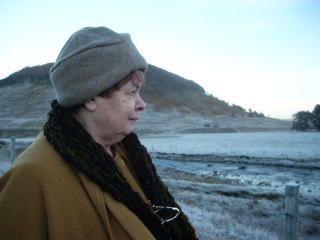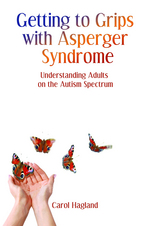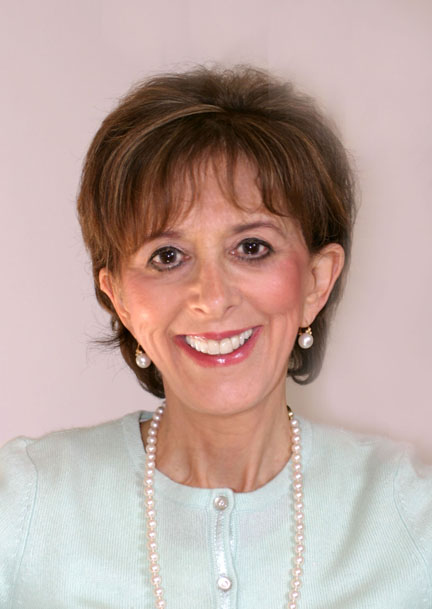Deborah Plummer on Imagework and Helping Children to Cope with Change, Stress and Anxiety
“When a child comes up with an image that represents how he feels about a situation, he is tapping into something that goes way beyond logical thought processes. And when he realises that he can ‘play’ with these images and be creative in forming new images, then he can begin to take more control. Imagework often triggers insights and shifts in perspective which may not come through logical thinking alone.”









